Gender grantees 2020-2021
Meet our grantees and discover more about their projects below.
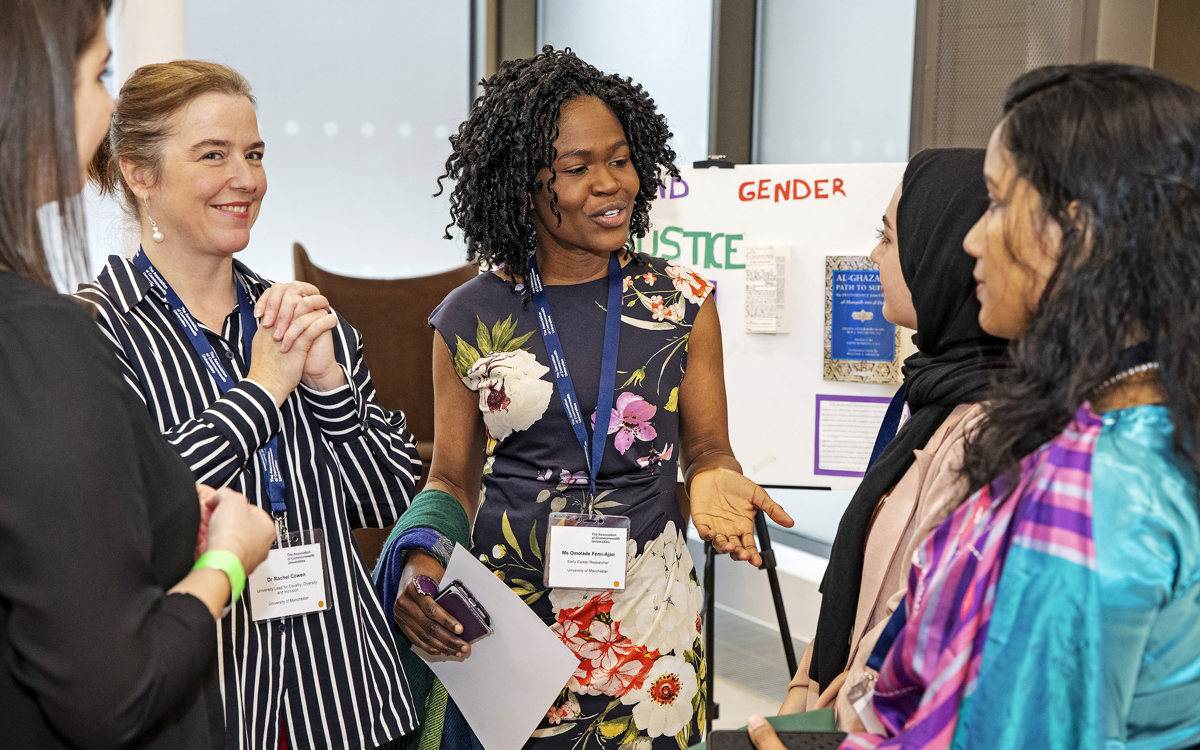
Each year our gender grantees organise a wide range of initiatives, workshops and events promoting gender equity and equality in their institutions. Now in its fourth year, this latest round of grants will support projects in nine different countries across the Commonwealth. Meet this year's grantees and discover more about their project plans below.
Meet our grantees
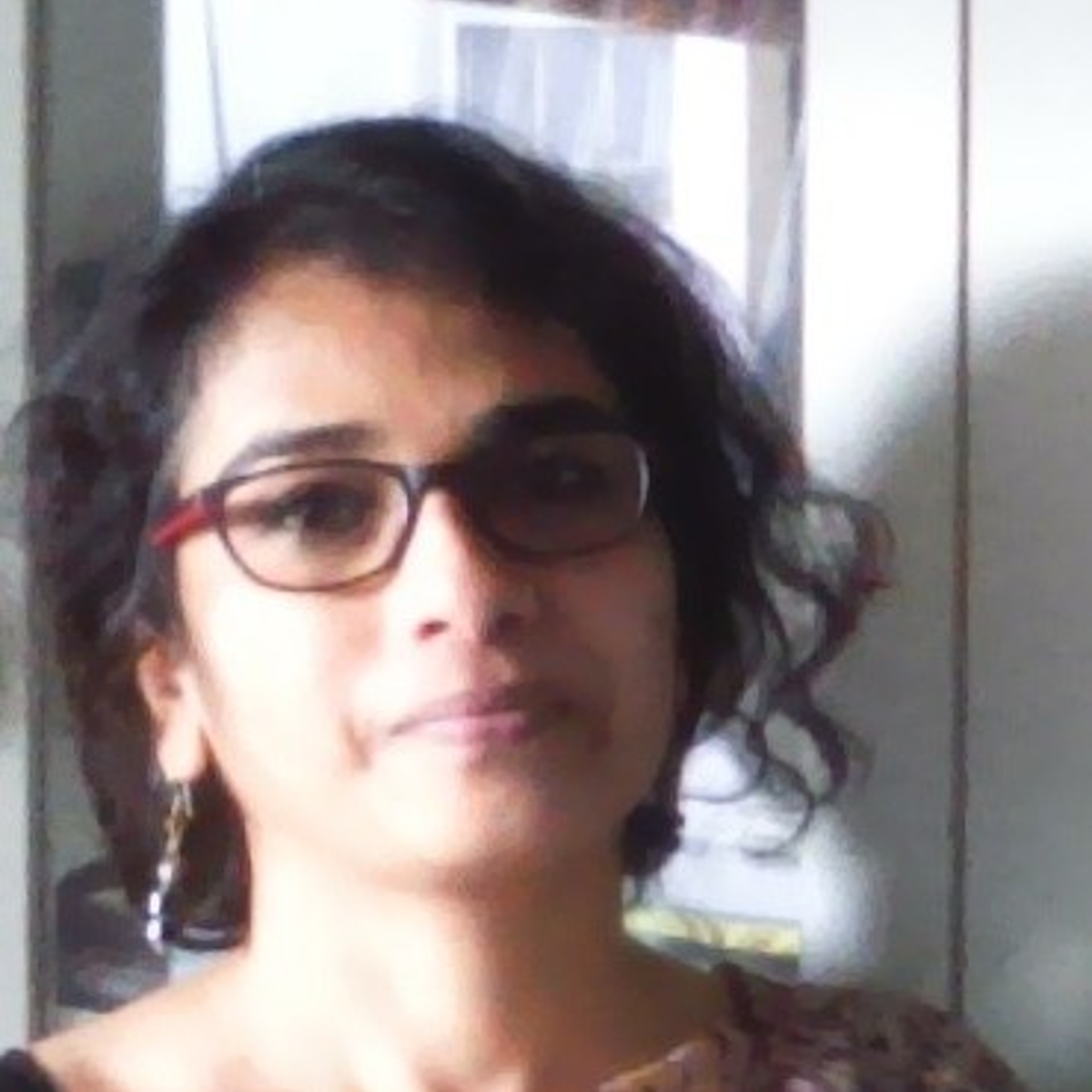
Dr Asha Achuthan
Tata Institute of Social Sciences, India
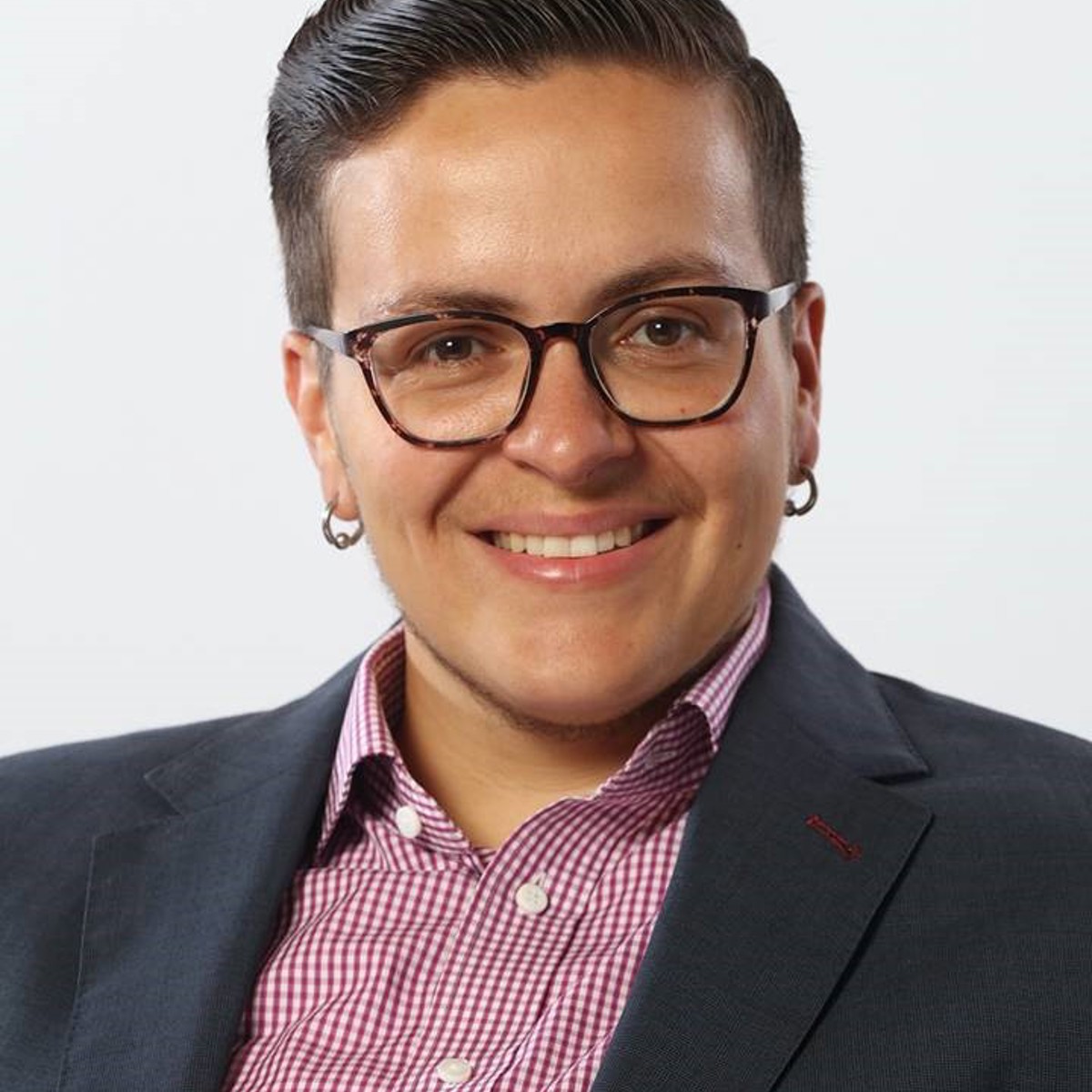
Dr Lee Airton
Queen's University, Canada
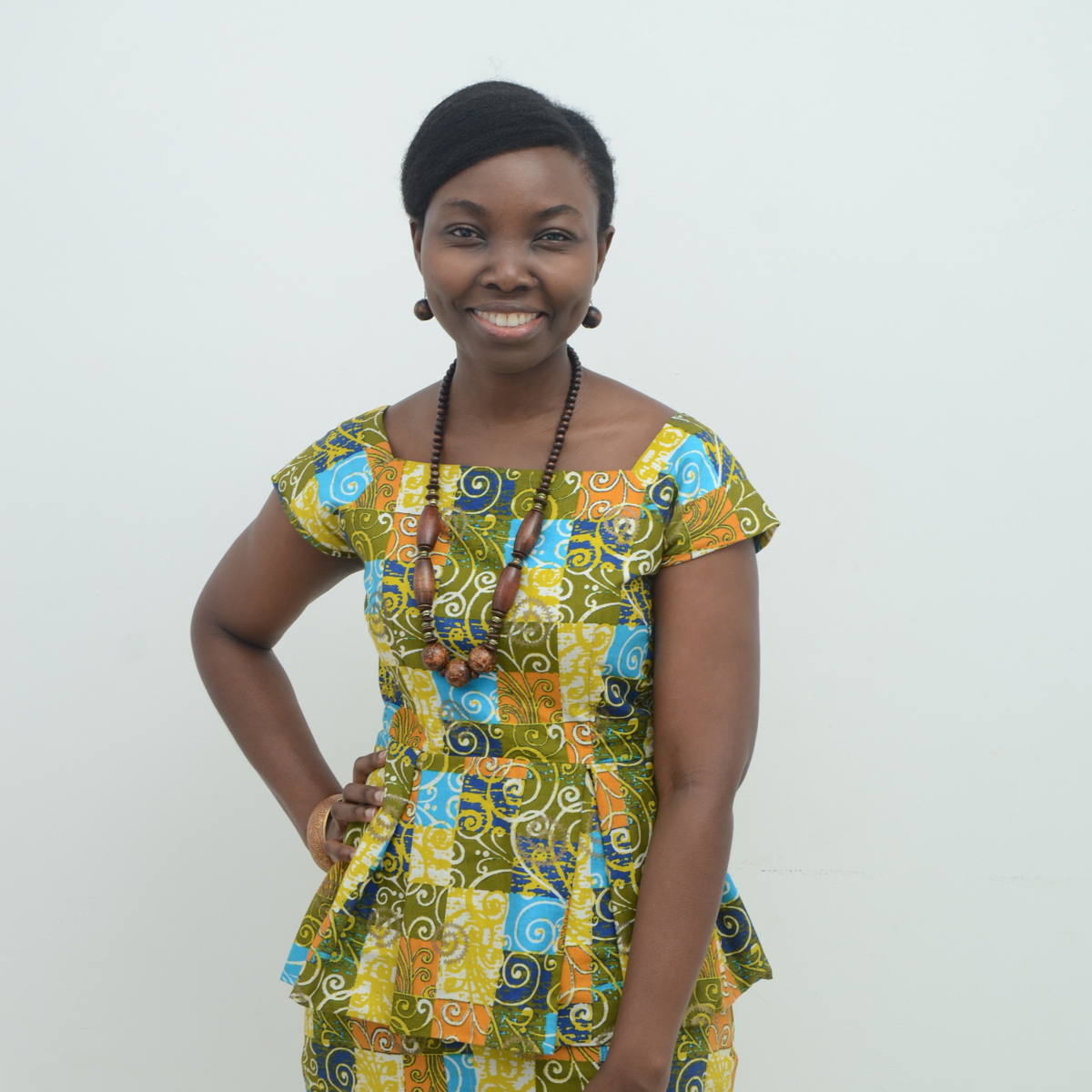
Dr Abena Boakye
Kwame Nkrumah University of Science and Technology (KNUST), Ghana
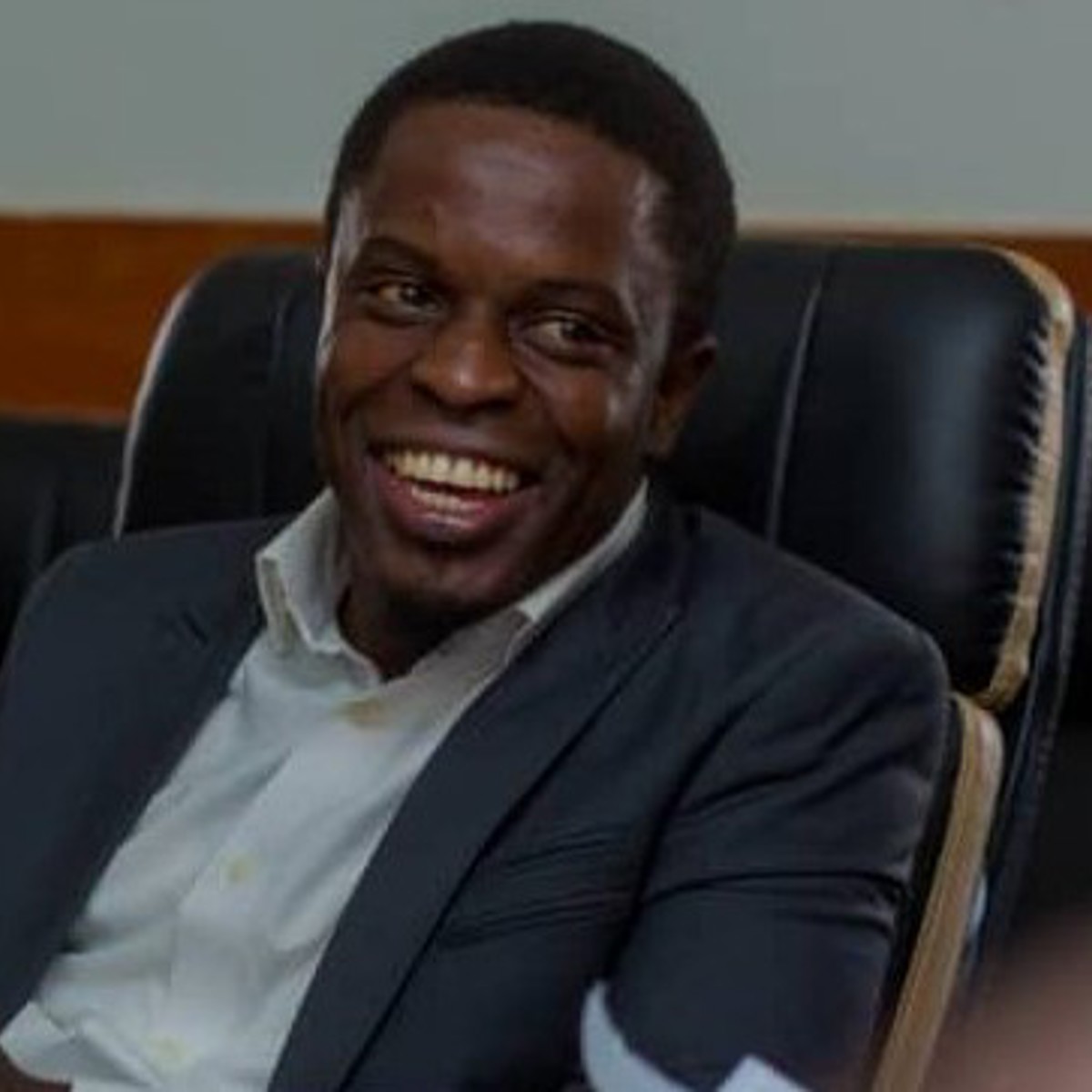
Dr Ikechukwu Erojikwe
The University of Nigeria
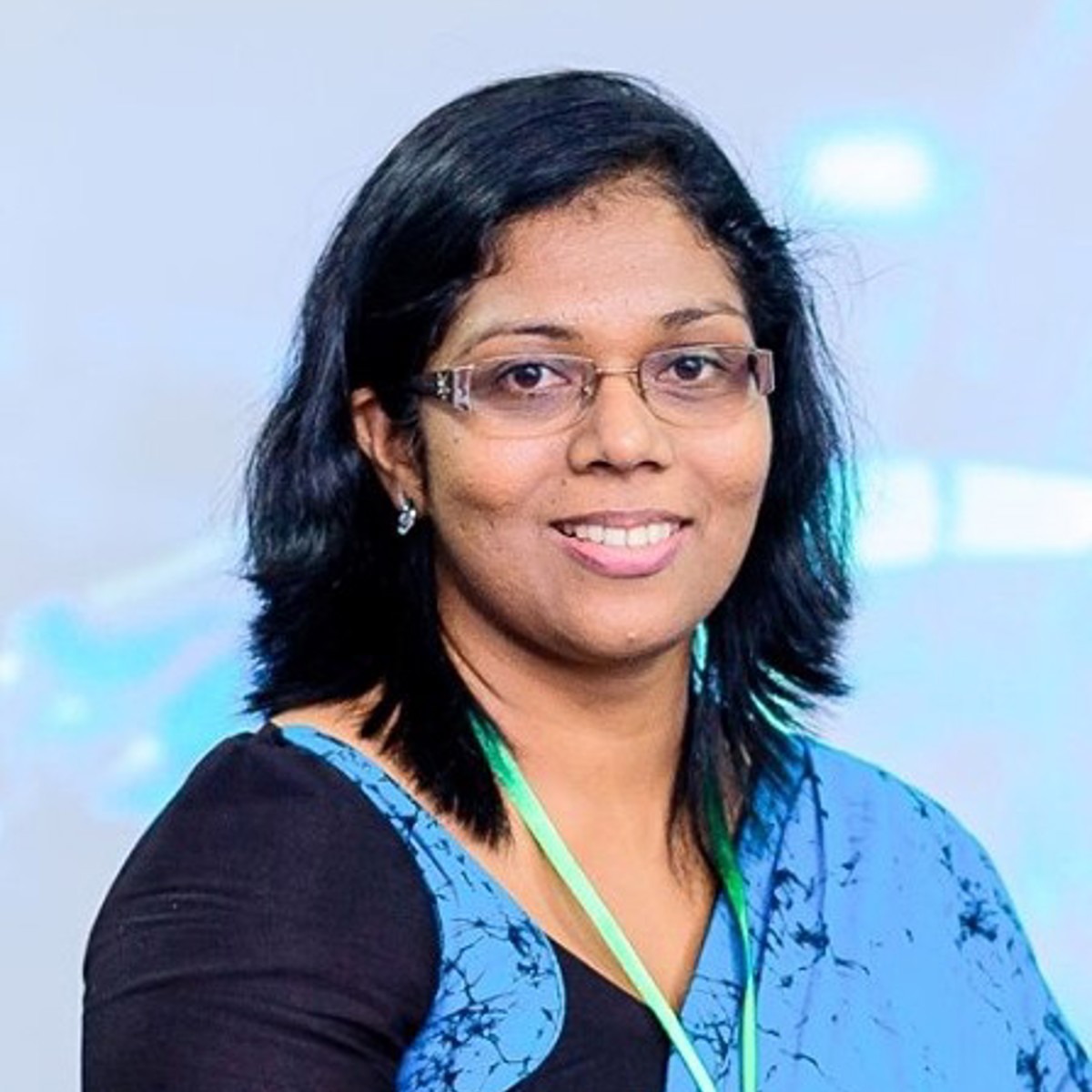
Dr Lakshika Liyanage
General Sir John Kotalawala Defence University (KDU), Sri Lanka
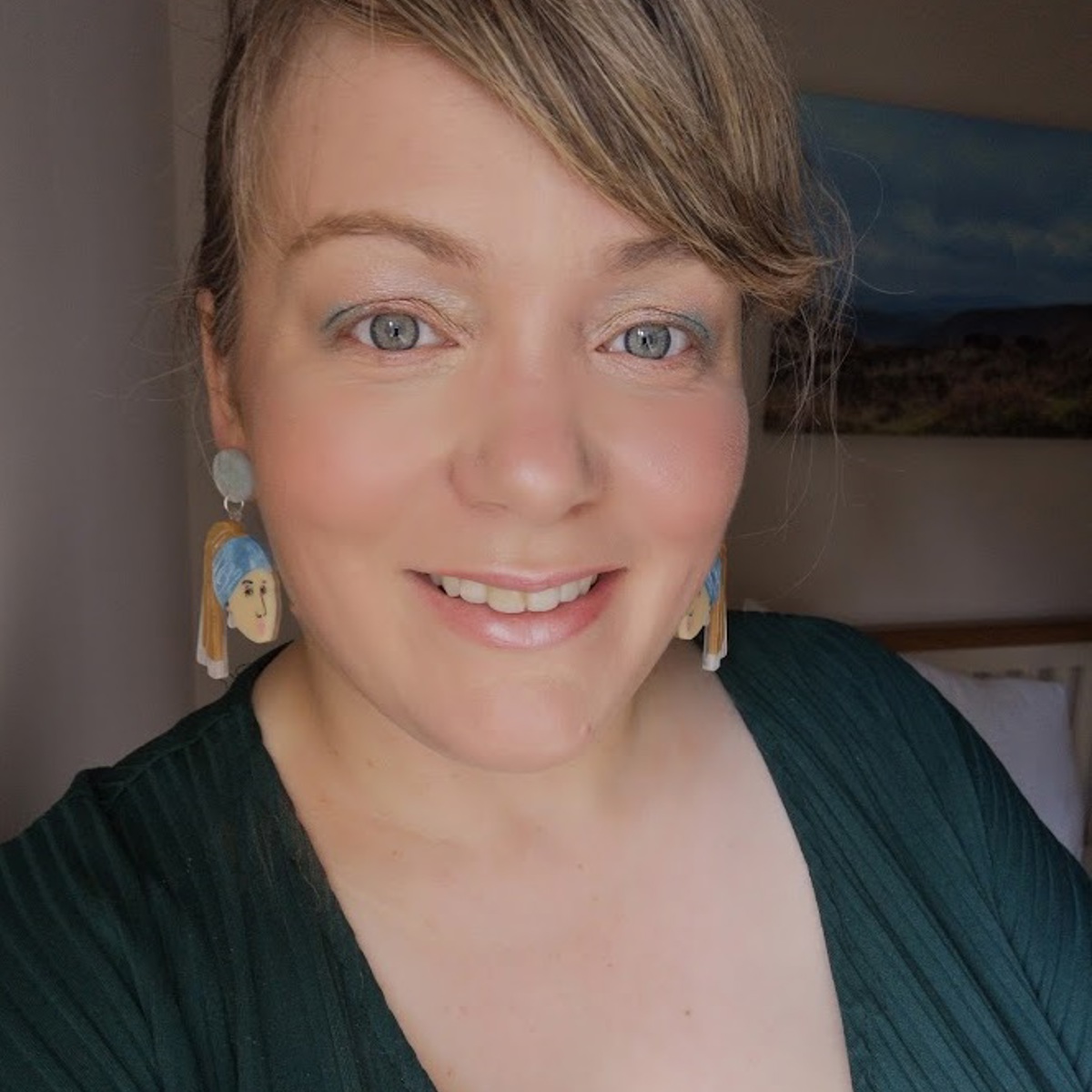
Dr Rachel Moss, Dr Sonya Andermahr and Dr Phillippa Bennett
University of Northampton, UK
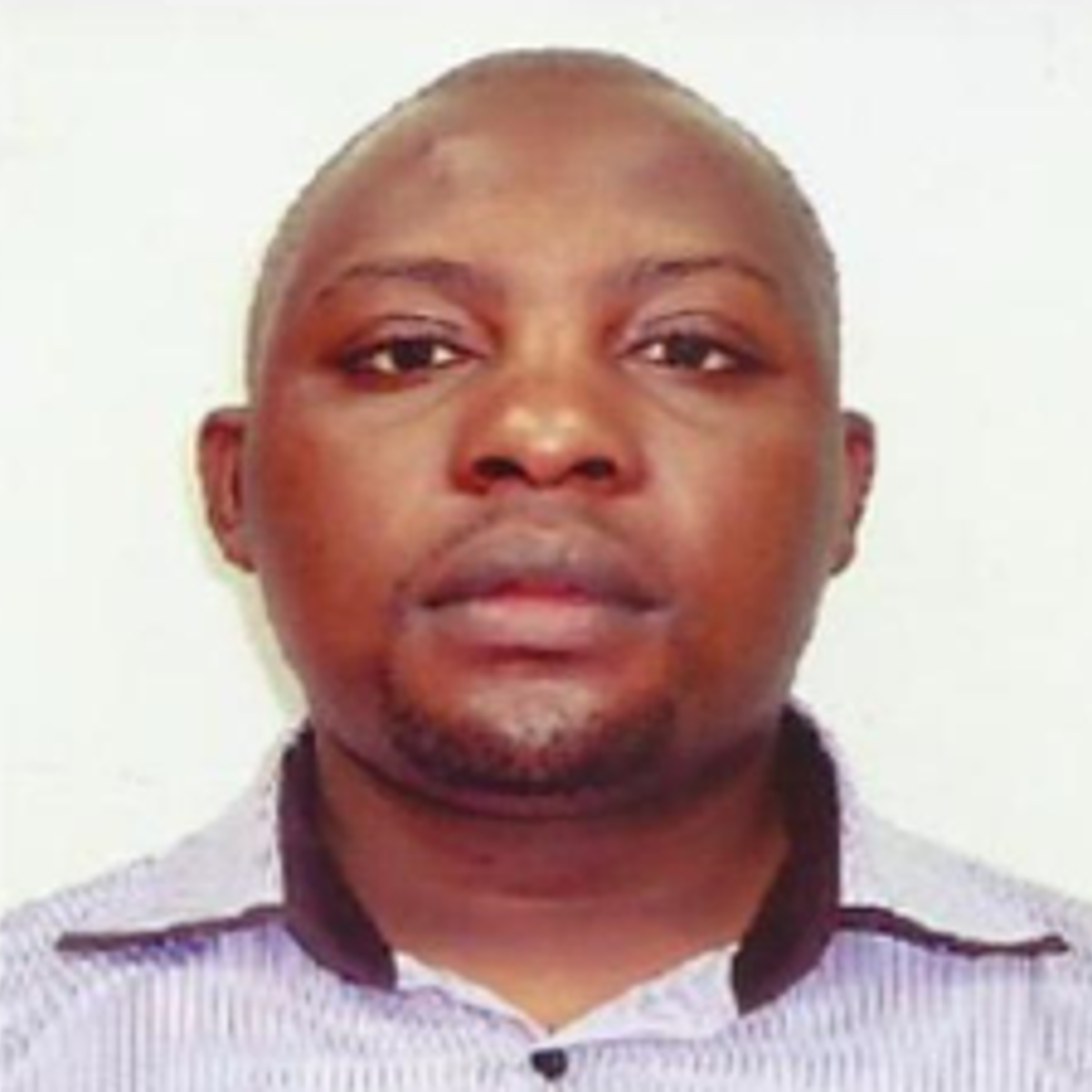
Dr Muganda Munir Manini
Kibabii University, Kenya
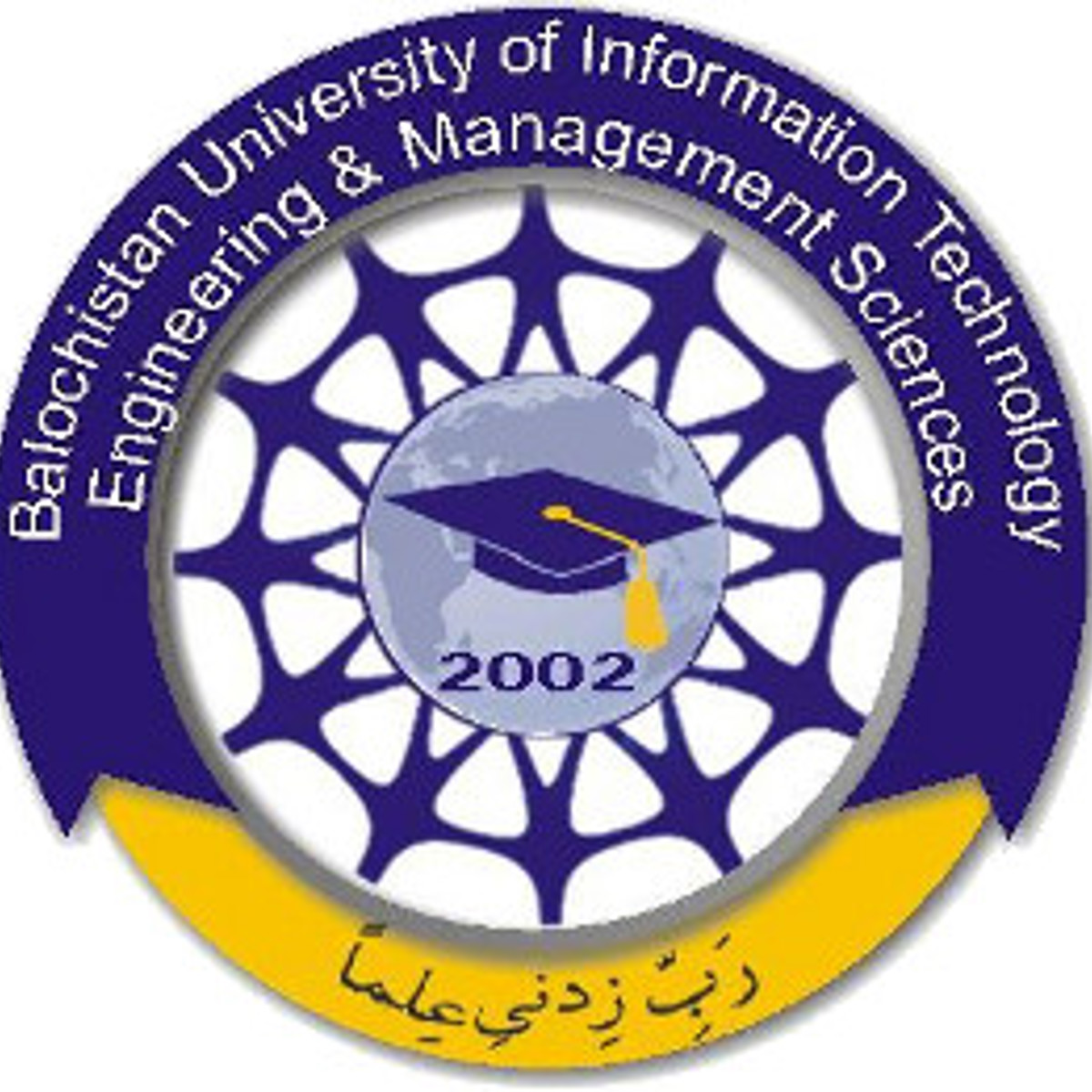
Dr. Bushra Naeem
Balochistan University of Information Technology, Engineering and Management Sciences, Pakistan
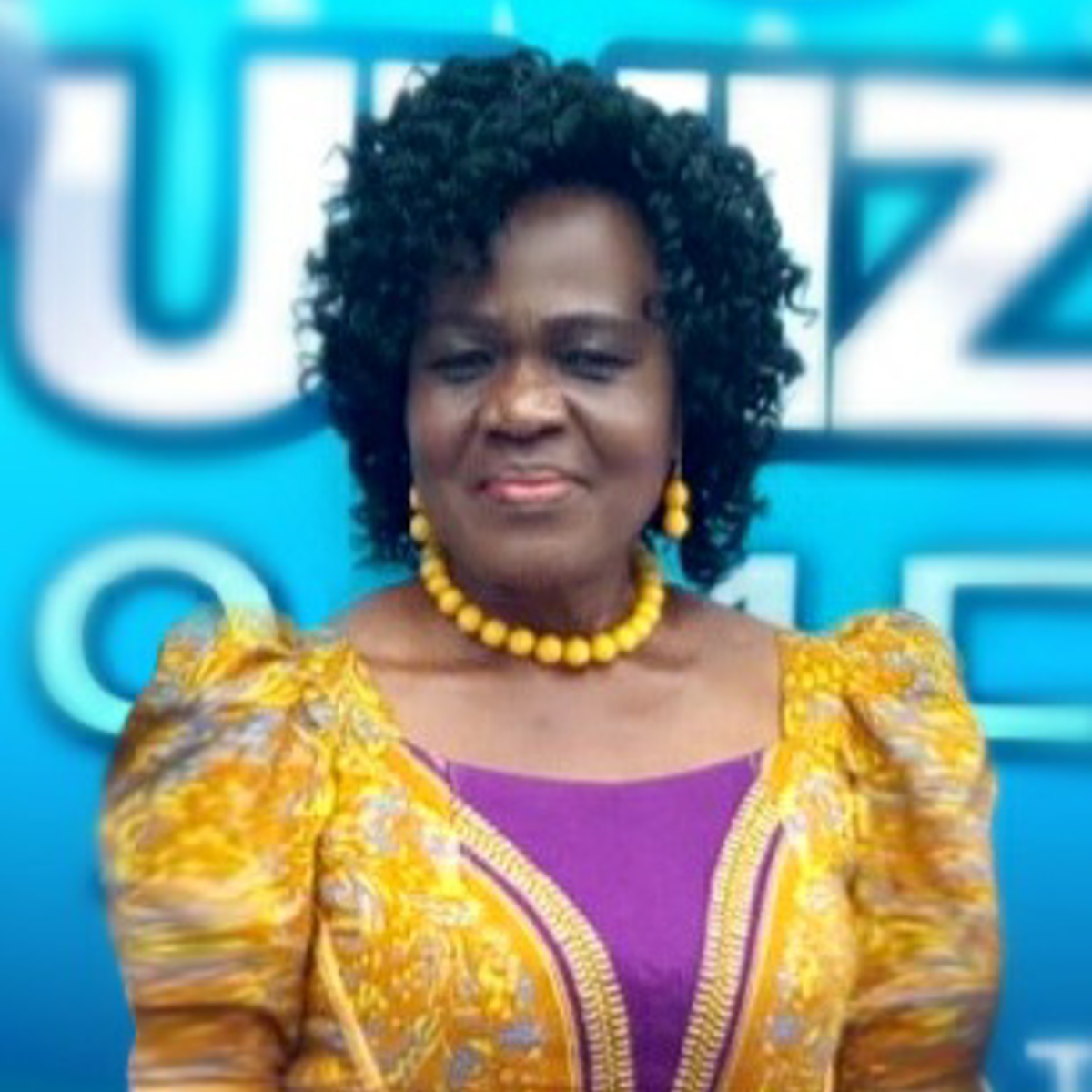
Professor Chinyere Stella Okunna
Nnamdi Azikiwe University, Nigeria

